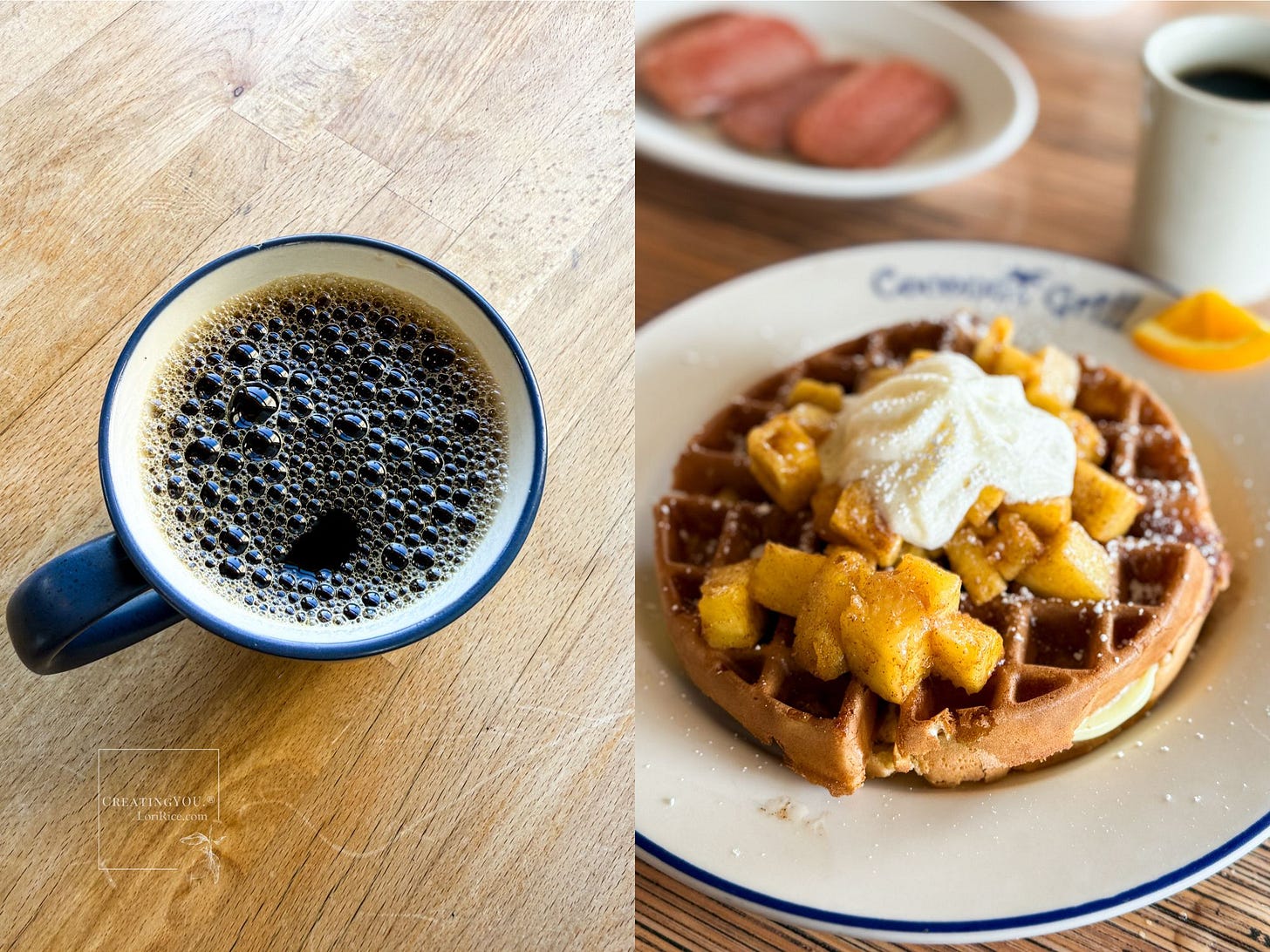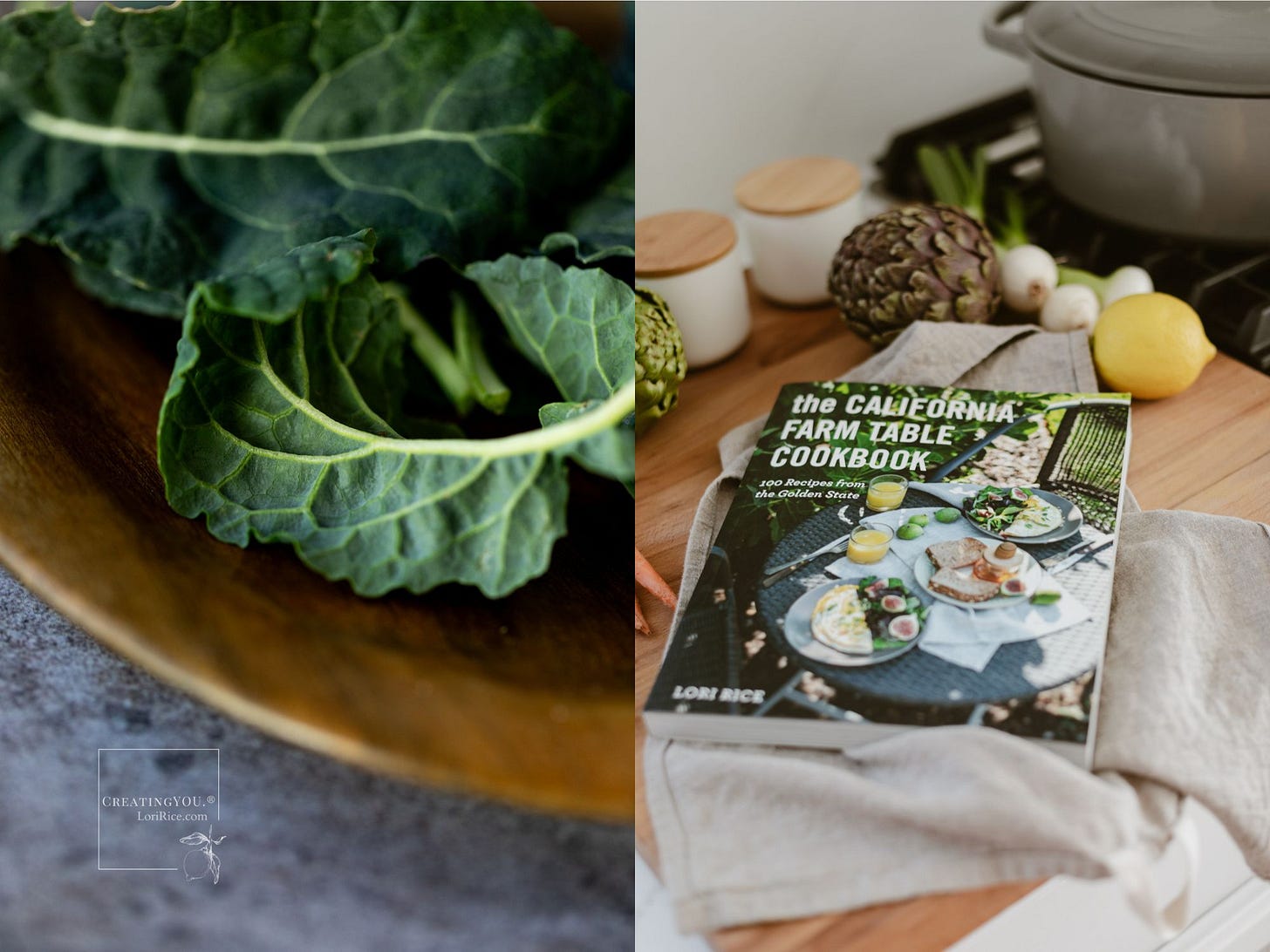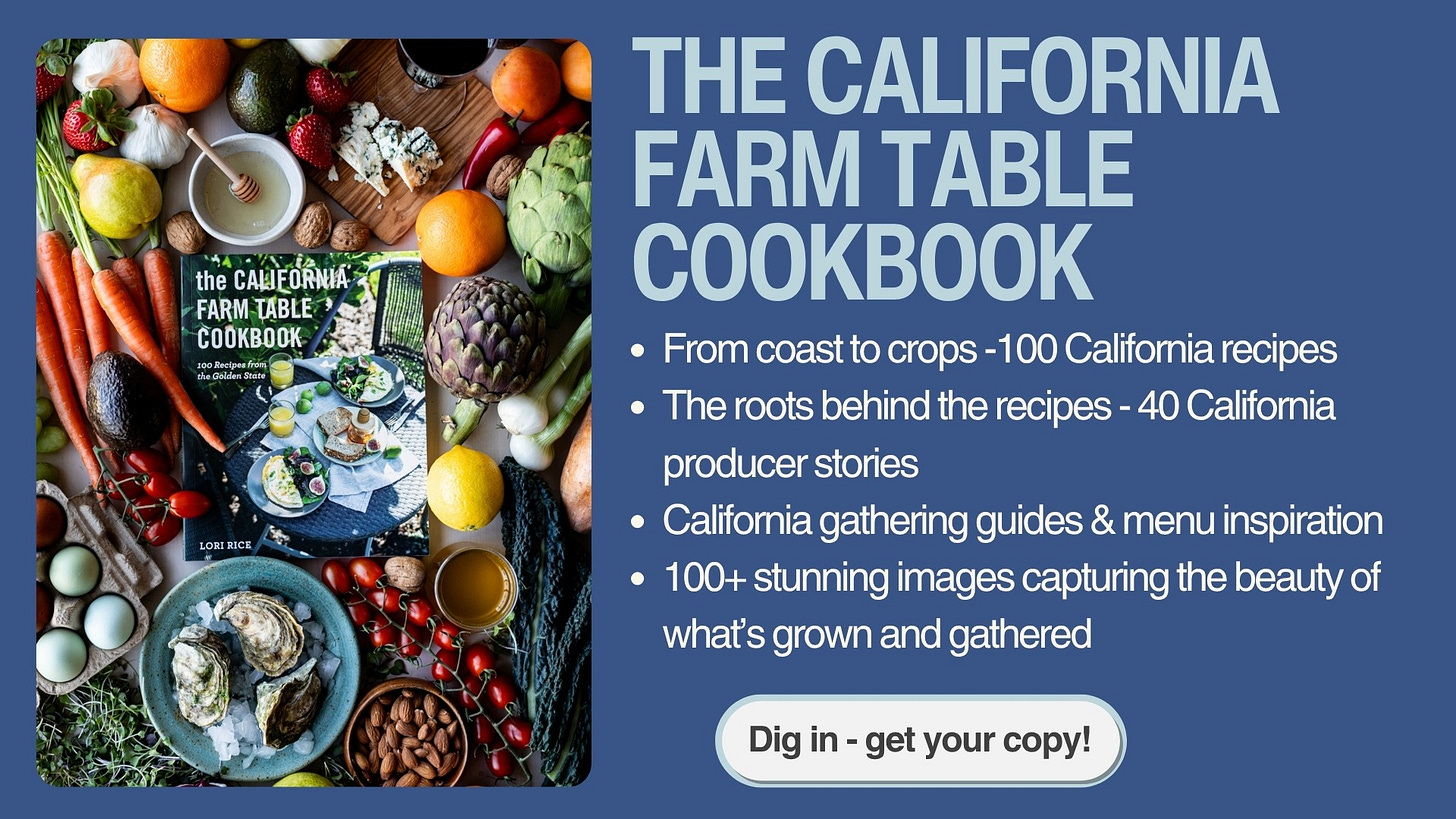“I hate it when people ask me where to eat or for my favorite restaurant,” she said.
I was sitting in a van with other journalists. (I’ve written about this van before.)
We were discussing restaurant recommendations, specifically for urban areas such as Manhattan and Seattle.
I travel a lot and I ask this question all the time.
“There is no way I can answer that question. Do you like Italian? Do you want it to be casual or upscale? Don’t ask me that question,” she went on.
I hadn’t asked the question that time. I was listening in on the conversation.
I finally added to it, though.
“But that isn’t the question,” I said. “When I ask you where I should eat, I want to know your favorite spot, any spot that comes to your mind. What do you like?”
I don’t want you to answer my question with a question.
These were all food writers, so I understand the pressure of being in-the-know and making a recommendation that a person will enjoy.
But I want to know your opinion. I can look at ratings and reviews myself. I want to know what you like - what’s your favorite place? It can be one of many. Just tell me one.
Then it’s my job to see if it aligns with what I want to eat and what I want to spend.
I don’t want to be guided by some preconceived, self-fulfilling prophecy. I don’t want you basing your recommendations on what I have liked in the past. That’s a lot like the Google search or AI prompt that answers based on your search history.
I don’t need every option. I want one that you truly enjoy.
Every ingredient under the sun
I picked up a mainstream food magazine from the library this week. I was excited to explore some trendy ideas and maybe find a new breakfast option.
Instead, my eyes were exhausted before I got to the third line of ingredients in the first recipe.
A simple recipe for a smoothie with cashew in the title listed so many alternative options that by the third ingredient, I couldn’t keep it straight.
“Cashew butter, or peanut butter, or any nut butter.”
“Almond milk, or oat milk, or any milk.”
What?
I thought we were making the so-named cashew smoothie. Why don’t you just tell me how to make that smoothie?
When I develop a recipe, I believe I should focus on developing that recipe. This is something I fear that I’m alone in, though.
If I create a cherry cake, I don’t tell you that you can use blueberries, strawberries, or heck, bananas for that cake instead. Because then it wouldn’t be a cherry cake.
Why are we so uncertain in recipe writing? Why must we accommodate every taste and dietary preference? Why do we now write recipes like my colleagues in that van want to answer the favorite restaurant question? Why do we transform answers based on everyone else’s preferences?
It’s okay to write the recipe for the recipe you are writing.
I want to see it. Recipes are art. They are creative ideas, or at least they used to be. They come from creative, inventive brains. Show them to the world.
I can make my own substitutions, and if I don’t feel comfortable making them, I’ll move on to another recipe.
You can’t make everyone like you, and neither can your recipe (or your restaurant recommendation).








